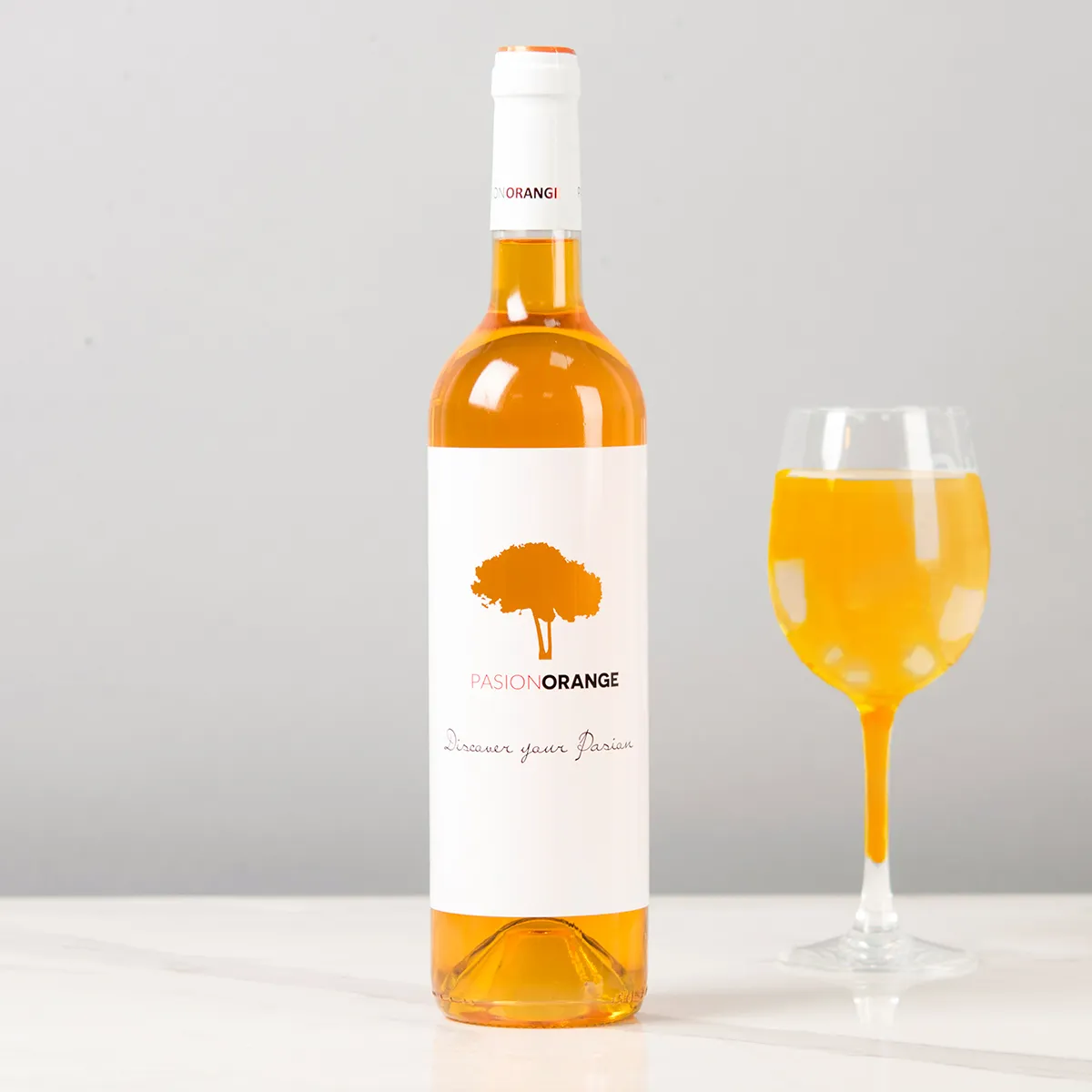Orange wine, also known as skin-contact or amber wine, is a unique and increasingly popular style of wine that has captured the attention of wine enthusiasts around the world. Made from white wine grapes that undergo extended skin contact during fermentation, orange wine offers a distinct flavor profile and a range of potential benefits. In this comprehensive guide, we’ll explore how orange wine is made, its potential health benefits, and some considerations to keep in mind when enjoying this intriguing beverage.
How Orange Wine is Made
Grapes Selection
Orange wine is typically made from white wine grape varieties, such as Pinot Grigio, Chardonnay, or Sauvignon Blanc. However, any white grape variety can be used.
Extended Skin Contact
Unlike conventional white winemaking, where grape skins are removed from the juice before fermentation, orange wine undergoes extended skin contact. This allows the pigments and tannins from the grape skins to impart color, flavor, and texture to the wine.
Fermentation Process
After the grapes are crushed, the juice, seeds, and skins are left to ferment together in large vessels, such as clay amphorae or oak barrels. This fermentation process can last anywhere from several days to several months, depending on the desired style of the wine.
Aging and Bottling
Once fermentation is complete, the wine may be aged in oak barrels, amphorae, or stainless steel tanks to develop complexity and character. After aging, the wine is typically bottled and may be further aged in the bottle before release.
Benefits of Orange Wine
Complex Flavor Profile
Orange wine offers a complex array of flavors and aromas, including notes of citrus, stone fruit, spice, and floral undertones, thanks to the extended skin contact and fermentation process.
Natural Production Methods
Many orange wines are produced using minimal intervention techniques, such as organic or biodynamic farming practices and native yeast fermentation, making them appealing to consumers interested in natural and artisanal wines.
Food Versatility
Orange wine’s unique flavor profile and texture make it a versatile pairing option for a wide range of dishes, from seafood and poultry to vegetarian and vegan cuisine.
Potential Health Benefits: Like other types of wine, orange wine contains antioxidants such as resveratrol, which may offer health benefits such as improved heart health and reduced inflammation when consumed in moderation.
Downsides of Orange Wine
Limited Availability
Orange wine is still relatively niche compared to conventional white and red wines, so availability may be limited, particularly outside of major wine-producing regions.
Acquired Taste
The flavor profile of orange wine can be quite different from that of traditional white wines, with pronounced tannins and earthy, oxidative notes that may not appeal to all palates.
Price Point
Due to the labor-intensive production methods and limited availability, orange wines can be more expensive than other types of wine, which may deter some consumers from trying them.
Storage and Aging
Orange wines, particularly those made with minimal sulfur dioxide additions, may be more prone to oxidation and spoilage over time, requiring careful storage and handling to maintain quality.
Frequently Asked Questions (FAQs)
Is orange wine the same as rosé wine?
No, orange wine is distinct from rosé wine. While rosé wine is made from red grape varieties with limited skin contact to achieve a pale pink color, orange wine is made from white grape varieties with extended skin contact to achieve an amber hue.
Does orange wine contain sulfites?
Some orange wines may contain sulfites, although many natural and minimal intervention producers aim to minimize or eliminate sulfite additions. As with all wines, it’s essential to check the label for sulfite information if you have sensitivities or allergies.
What temperature should orange wine be served at?
Orange wine is typically served slightly chilled, similar to white wine. Aim for a serving temperature of around 10-12°C (50-54°F) to allow the wine’s flavors and aromas to shine without being overly chilled.
Can orange wine be aged?
Yes, some orange wines can benefit from aging, particularly those with higher acidity and tannin levels. However, it’s essential to consider the producer’s recommendations and consult with a knowledgeable wine professional for guidance on aging potential.
Are there specific food pairings that complement orange wine?
Orange wine pairs well with a variety of foods, including seafood, poultry, charcuterie, cheeses, and vegetarian dishes. Experiment with different flavor combinations to find pairings that suit your taste preferences.
How can I find orange wine to try?
Many specialty wine shops and online retailers offer a selection of orange wines from various producers and regions. Look for natural wine-focused establishments or ask for recommendations from knowledgeable staff members.
Can I make orange wine at home?
Making orange wine at home is possible with the right equipment and knowledge of winemaking techniques. However, it requires careful attention to detail and sanitation practices to ensure a successful fermentation process and desirable final product.
Conclusion
Orange wine, with its distinctive amber hue and complex flavor profile, offers an intriguing alternative to traditional white wines. Made from white wine grapes with extended skin contact during fermentation, orange wine showcases the influence of grape skins on color, flavor, and texture. While it may not appeal to every palate, orange wine enthusiasts appreciate its natural production methods, food versatility, and potential health benefits. By understanding how orange wine is made, its unique characteristics, and considerations for enjoying it responsibly, you can explore this exciting category of wine and discover new flavors and experiences in the world of wine appreciation. As always, remember to drink responsibly and in moderation to fully enjoy the pleasures of orange wine.
- Radiesse Liquid Facelift Near Holmbury St Mary, Surrey - May 19, 2025
- Nefertiti Neck Lift Treatment Near Wallington, Surrey - May 19, 2025
- How Much CBD Should You Take In Capsule Form? - May 18, 2025

